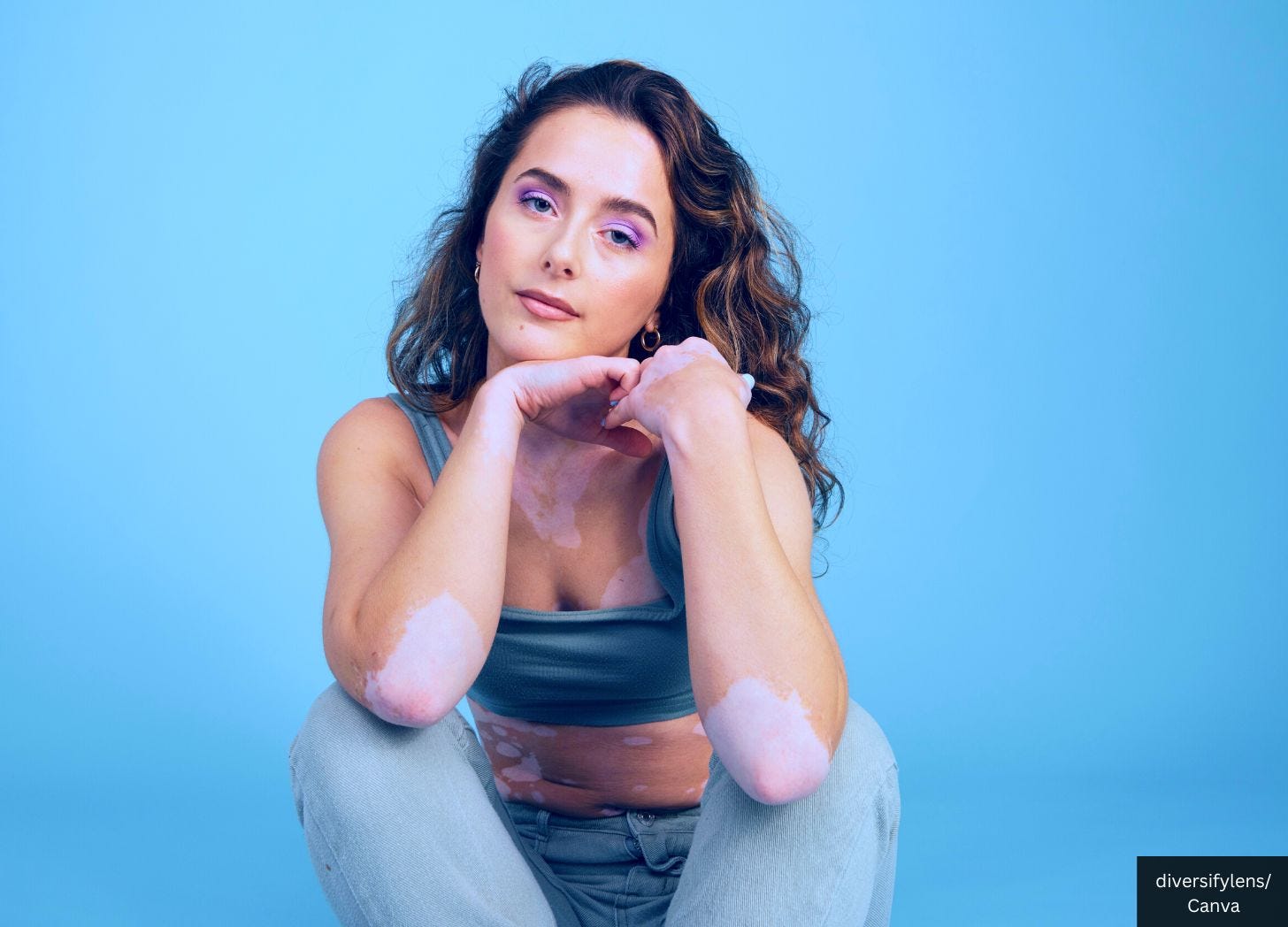Chronic Skin Autoimmune Disease Vitiligo Following COVID-19 Vaccination: 'Journal of Dermatology'
Vitiligo "occurs due to immune-mediated loss of functional melanocytes, leading to patchy skin depigmentation," the study explains.
A study published last April in The Journal of Dermatology confirmed both new-onset and exacerbation of chronic skin autoimmune disorder vitiligo cases following COVID-19 vaccinations.
Vitiligo is an autoimmune disease that “occurs due to immune-mediated loss of functional melanocytes, leading to patchy skin depigmentation,” the study reads.
Follow Jon Fleetwood on Instagram @realjonfleetwood / Twitter @JonMFleetwood
Pfizer Inc.’s safety data indicate the company and the U.S. Food & Drug Administration (FDA) were aware that dozens of autoimmune disorders, including vitiligo, were linked to the jab before making them available to the public.

The study authors explain that the triggering of autoimmune diseases in “those receiving COVID-19 vaccinations has been increasingly reported,” including vitiligo.
“Cases of new-onset and exacerbation of vitiligo following COVID-19 vaccination have been reported in individuals of all ages, ethnicities, and with different vaccine types,” they write. “While current guidelines and consensus recommend COVID-19 vaccination for most patients, including those with autoimmune diseases, practitioners must assess the risk and potential for disease onset or flare-up.”
The study sought to report the incidence of vitiligo following primary and booster coronavirus jabs.
The authors found that the average time from vaccination to disease onset was 2.1 weeks.
All 26 patients diagnosed with vaccine-associated vitiligo were started on combination therapy, unless contraindicated.
Follow Jon Fleetwood on Instagram @realjonfleetwood / Twitter @JonMFleetwood
Treatment included topical agents (steroids and calcineurin inhibitors) as well as oral immunosuppressants (steroids, azathioprine, cyclosporine, and methotrexate).
The researchers review included and analyzed 14 studies.
Vaccines from several manufacturers were linked to vitiligo cases: Oxford-AstraZeneca, Moderna, Pfizer-BioNTech, Sinovac-CoronaVac, Novavax, and MVC-COV1901.
“[O]ur cases series is the first to document patients with vaccine-associated vitiligo who underwent vaccination from different manufacturers,” the authors noted.
Some patients wanted to switch vaccines in order to avoid any further complications, but the authors warned that “the benefits of vaccine switching may be limited.”
The researchers confirmed that “the likelihood of vitiligo onset after vaccination by chance alone is still probable.”
Their conclusion emphasized: “We have observed new-onset and exacerbation of vitiligo after COVID-19 vaccinations across different vaccine platforms in both our case series and systematic review.”
“[I]t is apparent that patients with vitiligo and other autoimmune diseases will require additional consideration before and after COVID-19 vaccination. Increased awareness of COVID-19 vaccine–associated vitiligo is warranted to prevent or treat this phenomenon at an early stage. More investigations, especially at the molecular level, are required to clarify the association between vaccination and vaccine-associated vitiligo.”
Follow Jon Fleetwood on Instagram @realjonfleetwood / Twitter @JonMFleetwood
The study authors’ affiliations include:
Department of Dermatology, Chang Gung Memorial Hospital, Taipei, Taiwan
Vitiligo Clinic and Pigment Research Center, Chang Gung Memorial Hospital, Linkou, Taiwan
School of Medicine, College of Medicine, Chang Gung University, Taoyuan, Taiwan
Department of Dermatology and Aesthetic Medicine Center, Jen Ai Hospital, Taichung, Taiwan




